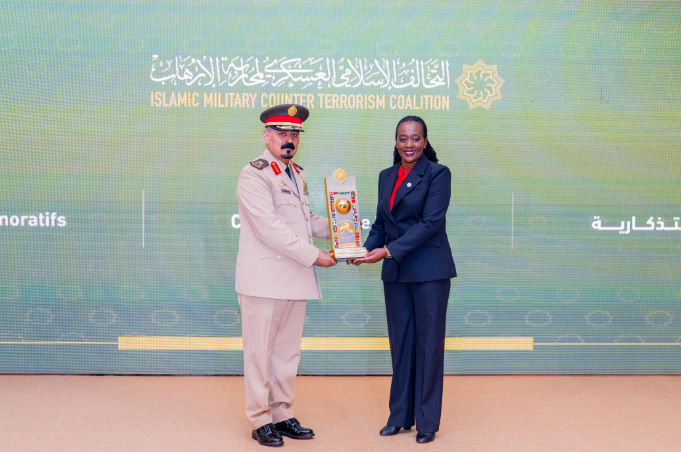Nations working together key in countering terror financing

Terrorism has become transcontinental and borderless, and there is an urgent need to integrate efforts to cut off the financial resources of terrorist organisations.
The terrorist organisations need funds for planning, recruitment and logistics. They rely on money laundering techniques to conceal and legitimise their sources of funding.
After acquiring the funds, terrorists usually adopt a process called ‘layering’, which involves a series of transactions designed to obscure the source of such illicit funds. They then mix the funds into the formal financial system before they are used to support terrorist activities.
Due to these complexities, robust international cooperation among nations has been identified as one of the effective ways of dealing with terror financing.
The Kenya Defence Forces has, for example, partnered with the Islamic Military Counter Terrorism Coalition (IMCTC) to intensify their efforts to detect and disrupt illicit smuggling and financing methods.
The partnership also focuses on enhancing financial analytical tools and fostering cooperation among member states to monitor and identify suspicious financial activities.
Recently, the IMCTC launched training programmes for curbing terrorism financing operations in Nairobi to strengthen institutional and individual capabilities in combating financing and money laundering.
According to experts there is also a need to leverage resources and expertise of the member states since addressing emerging threats requires innovative approaches to monitor electronic transfers, and fraudulent commercial activities.
Since countering terrorist financing extends beyond security measures alone, it requires comprehensive integration of security, economic, and legal frameworks.
The establishment of strong legislation, transparent financial systems, and advanced security capabilities is essential to creating a resilient environment against terrorist financing networks. Each sector reinforces the other, contributing to a unified and coordinated front in countering this threat.
The ongoing training programs not only represent critical practical tools in this endeavour but also go beyond theoretical discussions by focusing on building advanced counter-financing capabilities, including enhancing financial analysis skills, strengthening the detection of suspicious transactions, and training participants to handle financial evidence and trace illicit cash flows across borders.
The hosting of this training programme in Nairobi underscores a collective commitment to strengthening regional capabilities in countering terrorist financing.
It also reflects a strategic vision aimed at fortifying nations internally by investing in human capital and expanding the scope of international cooperation in this critical field.
The writer is a Senior Security Writer with People Daily














